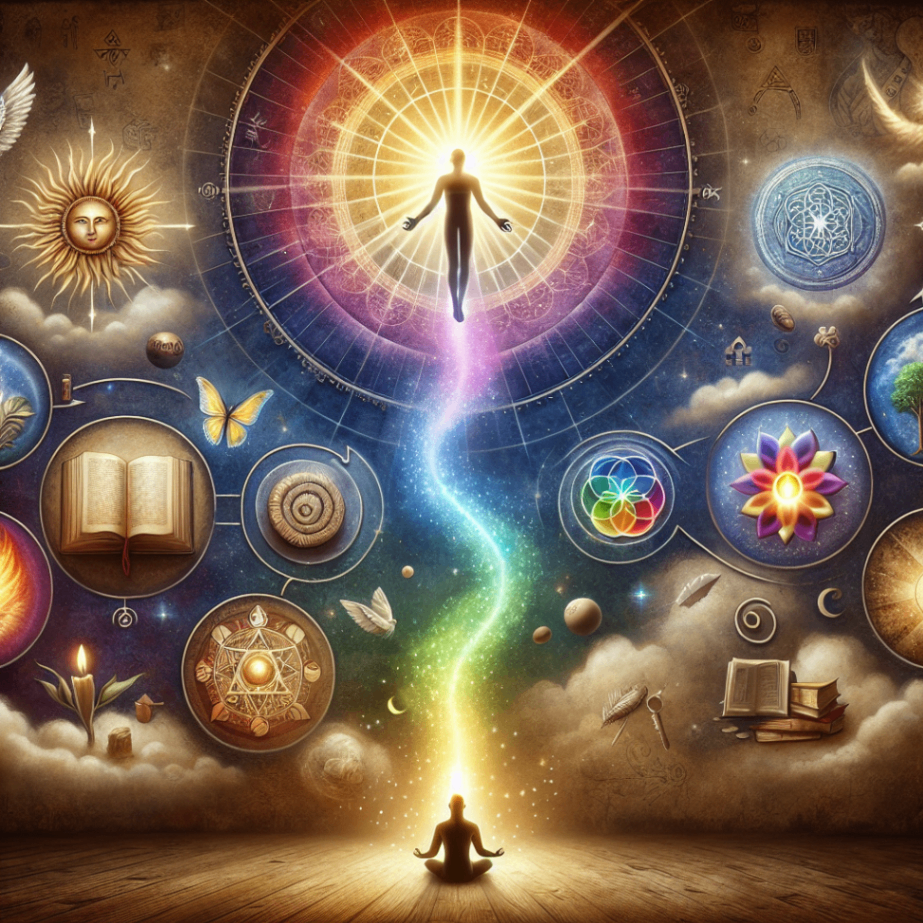Astrology, especially when observed through the lens of Vedic traditions, offers a profound and comprehensive insight into the workings of the cosmos and its impact on human life. At the core of Vedic astrology lies the belief in the evolutionary journey of the soul, which is intricately linked to cosmic laws governed by planetary movements and celestial alignments. This ancient science goes beyond mere prediction, delving deep into the spiritual growth and karmic cycles of individuals.
The Foundations of Vedic Astrology
Vedic astrology, or Jyotish Shastra, is rooted in the ancient scriptures known as the Vedas, which date back thousands of years. This system posits that every individual’s life pattern can be discerned by studying the positions of planets and stars at the moment of their birth. The birth chart, or Kundali, is a map of the heavens used to reveal the karmic path, strengths, weaknesses, and potentials of an individual.
One of the classic texts in Vedic astrology is the Brihat Parashara Hora Shastra, attributed to Sage Parashara. He introduced the concept of the 'Vishnu Avatars' and the theory of karma, which are fundamental in understanding the soul’s journey and its evolutionary process. However, it's important to note that over centuries, many such texts have undergone numerous translations and interpretations, sometimes leading to distortions or misrepresentations of the original teachings.
The Role of Rishis in Vedic Wisdom
In Vedic tradition, Rishis are revered as the seers or sages who had direct insight into the laws of nature through deep meditation and spiritual practices. They are considered the original custodians of Vedic knowledge and were believed to have the ability to see beyond the physical realm into the spiritual essence of the universe.
The teachings of the Rishis emphasize the importance of a disciplined lifestyle and spiritual purity as prerequisites for gaining true wisdom. They taught that the ultimate goal of life is spiritual growth and liberation (Moksha) from the cycle of birth and rebirth (Samsara), which is inherently tied to the law of karma.
Practical Applications of Jyotish Shastra
Astrology, according to the Rishis, is not just for predicting mundane events but is a tool to guide individuals towards their spiritual goals. The houses in a birth chart, planets, and their positions are seen as indicators of the karmic challenges and spiritual opportunities lying ahead. For example, the first house represents the self and personal identity, while the fifth and ninth houses are considered critical for understanding one's intelligence (Buddhi) and dharma (righteous path), respectively.
The interplay of these astrological elements provides insights into how one can align with their dharma, perform righteous actions, and evolve spiritually. Thus, Vedic astrology serves as a spiritual roadmap, offering guidance on how to overcome karmic obstacles and enhance one's life towards greater fulfillment and spiritual liberation.
Modern Misinterpretations and Misuses of Astrology
In contemporary times, the essence of Vedic astrology often gets overshadowed by its predictive aspects, focusing excessively on material gains or mundane predictions. This superficial approach not only detracts from the profound spiritual foundations of Jyotish Shastra but also risks misguiding individuals about the true purpose of astrology.
Authentic learning under a knowledgeable guide, ideally a guru or a spiritually advanced astrologer, is essential to understand and apply the principles of Vedic astrology correctly. It is advised to approach astrology with humility and a genuine desire for spiritual growth rather than mere curiosity or material benefits.
The Evolution of the Soul According to Vedic Astrology
The ultimate aim of life, as seen through the lens of Vedic astrology, is the evolution of the soul. This evolutionary process is guided by the individual's actions (karma), which determine their circumstances in this life and the next. The birth chart provides clues not only about one’s past and present but also guides how one can align with cosmic rhythms to achieve spiritual advancement and peace.
Each incarnation is viewed as an opportunity to rectify past mistakes and to fulfill the soul's purpose. By understanding and aligning with one's astrological blueprint, an individual can navigate life with greater awareness and purpose, leading to the ultimate liberation from the cycle of reincarnation.
Concluding Thoughts
Vedic astrology is a profound and noble science that offers insights into the human condition and provides guidance for spiritual enlightenment. When approached with the right intent and understanding, it can be a valuable tool in one's spiritual journey, helping to illuminate the path towards self-realization and liberation.
It is essential, however, to approach astrology with the respect and seriousness it deserves, recognizing it as a sacred science that bridges the material and the spiritual, the human and the divine.















